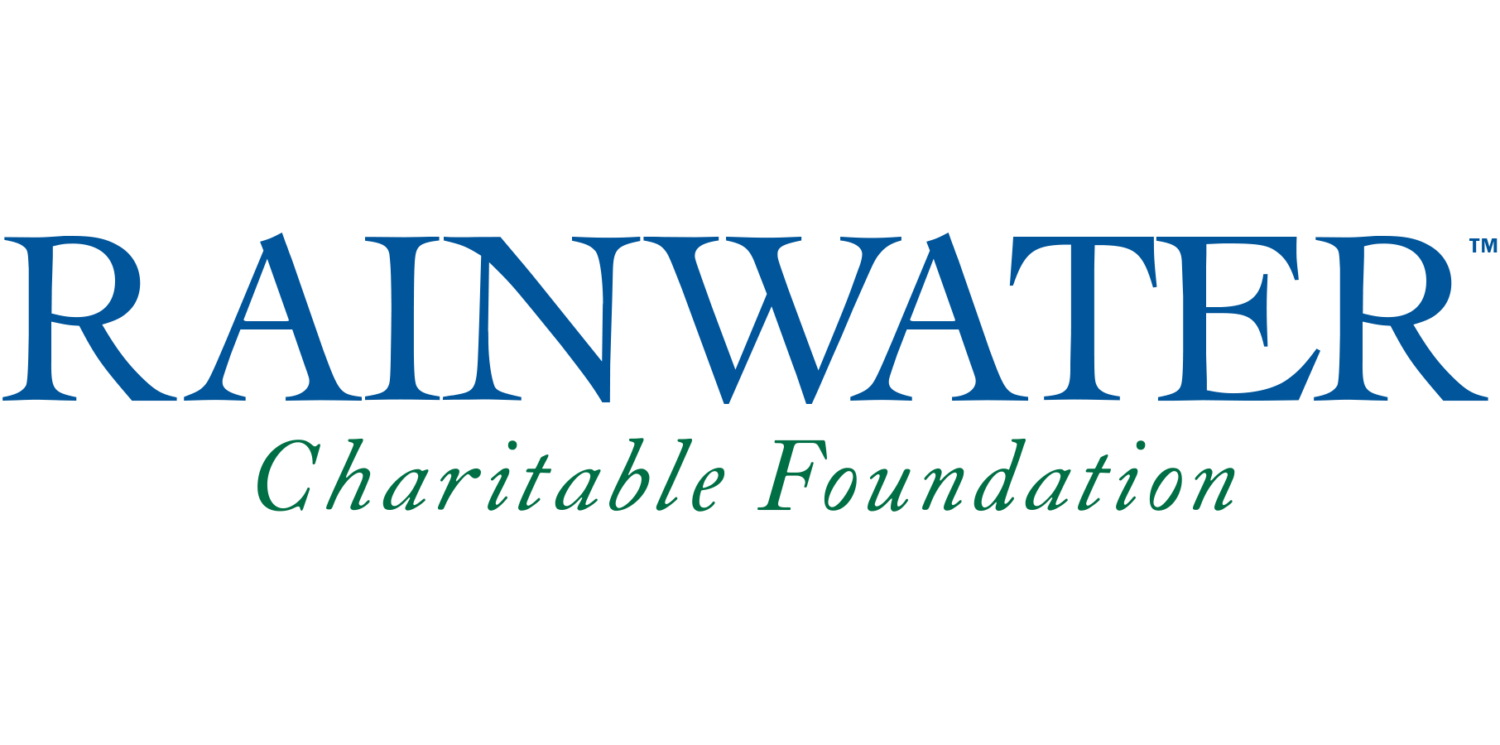In January, we announced the annual winners of the Rainwater Prize Program for advances in neurodegenerative disease research. This program rewards and encourages new treatment advancements for neurodegenerative diseases related to the accumulation of Tau protein in the brain, known as tauopathies. In part one of our two-part series, we introduced you to the Prize Program’s fourth recipient of the Rainwater Annual Prize for Outstanding Innovation, and first-time team: Drs. Frank Bennett, Don Cleveland and Timothy Miller.
In part two, we are celebrating the recipient of the Rainwater Prize for Innovative Early-Career Scientists, Dr. Susanne Wegmann, Research Group Leader at DZNE (German Center for Neurodegenerative Diseases). Currently, Wegmann and her group focus on identifying novel interactions of Tau and determining the role of Tau phase separation in Alzheimer’s disease and tauopathies.
We spoke with Dr. Wegmann to discuss her innovative work, her approach to understanding tauopathies, and her optimism for the future in this field.
The transcript has been edited for length and clarity:
Rainwater Charitable Foundation: What sparked your dedication to the neurodegenerative disease research field?
Dr. Wegmann: I’m very interested in solving problems, which is my mojo in normal life and in science. This began with my engineering degree and PhD in biophysics, which is where my interest in Tau began. While I was a post-doctoral fellow at Massachusetts General Hospital in Boston, I attended a neuropathology colloquium where I saw the traces that neurodegeneration leaves in the human brain in an anatomy room. I found that there’s a huge discrepancy about what we think Tau is and what it seems to actually do. These observations made me want to learn more about tauopathies and reduce people’s suffering from the many kinds of neurodegenerative diseases.
Rainwater Charitable Foundation: Is there any specific advice you’d give researchers considering a move into the neurodegenerative disease space?
Dr. Wegmann: Collaboration is a fantastic tool, especially when transitioning into a new field. Research is never a one-person show, you need other people, and you need connections. Therefore, I always suggest networking as a major tool to connect to people in the field you want to branch into, in science and in daily life. Also, I would love to see more young scientists join this field because for me one of the most rewarding parts of science is mentoring and seeing how new scientists grow and get better and better. I currently have the honor of working with several PhD students and watching them learn and get motivated to become something great. I hope they all have a positive future in science.
I’ve also been lucky to have some great mentors myself that over the years have instilled important lessons that I try to relay to my team and those I work with: Be independent; Think critically about yourself and about others; Respect; Try to be a driver; Try to think out of the box; Question and have the courage to disagree.
Rainwater Charitable Foundation: Why is it so important to increase the diversity of basic and translational scientists?
Dr. Wegmann: I am very engaged in increasing the number of female scientists, especially from countries underrepresented in science. I think that’s still a traditionally underrepresented group, along with other underrepresented minority groups. Studies have shown that diversity in a research group brings more productivity and ideas. It allows us to integrate different experiences, thoughts and perspectives. I promote women in science also because that’s how I can build networks, especially outside of Europe and the U.S., and act as a role model for young scientists.
Rainwater Charitable Foundation: Regarding the prize money, what do you plan to do with it?
Dr. Wegmann: I plan to invest the prize money directly back into my research. Specifically, further pushing my research into better understanding the actual function of Tau protein and how it exerts its toxic effect in different ways. Expanding our knowledge about the basic biology of the protein, to aid in disease research, will be one facet of my work. As soon as my team and I know more, we could probably develop other strategies for therapies that can tackle these things.
A little more about Dr. Susanne Wegmann:
Dr. Wegmann, Research Group Leader at DZNE, studies Tau protein actions in neurodegenerative diseases by utilizing different experimental models and methodologies to discover Tau’s normal function and misfunction in the brain. Her research group, “Protein Actions in Neurodegeneration,” looks for niches from molecular structure to the human brain. She finds a way to master the difficult translational leap, from the lab bench to human, by validating biochemical, biophysical, and cytological results on postmortem human brain tissue.
We are excited to honor Dr. Susanne Wegmann, as well as the winners of the Outstanding Innovation in Neurodegenerative Research Prize, Drs. Bennett, Cleveland, and Miller, at the Eurotau 2023 Conference on April 27, 2023 in Lille, France. We welcome scientists, funders, and all interested in advancing neurodegenerative research and effective treatments to join.
For more information on the Rainwater Prize Program, follow the Rainwater Charitable Foundation on Twitter @RCFNeuro.

